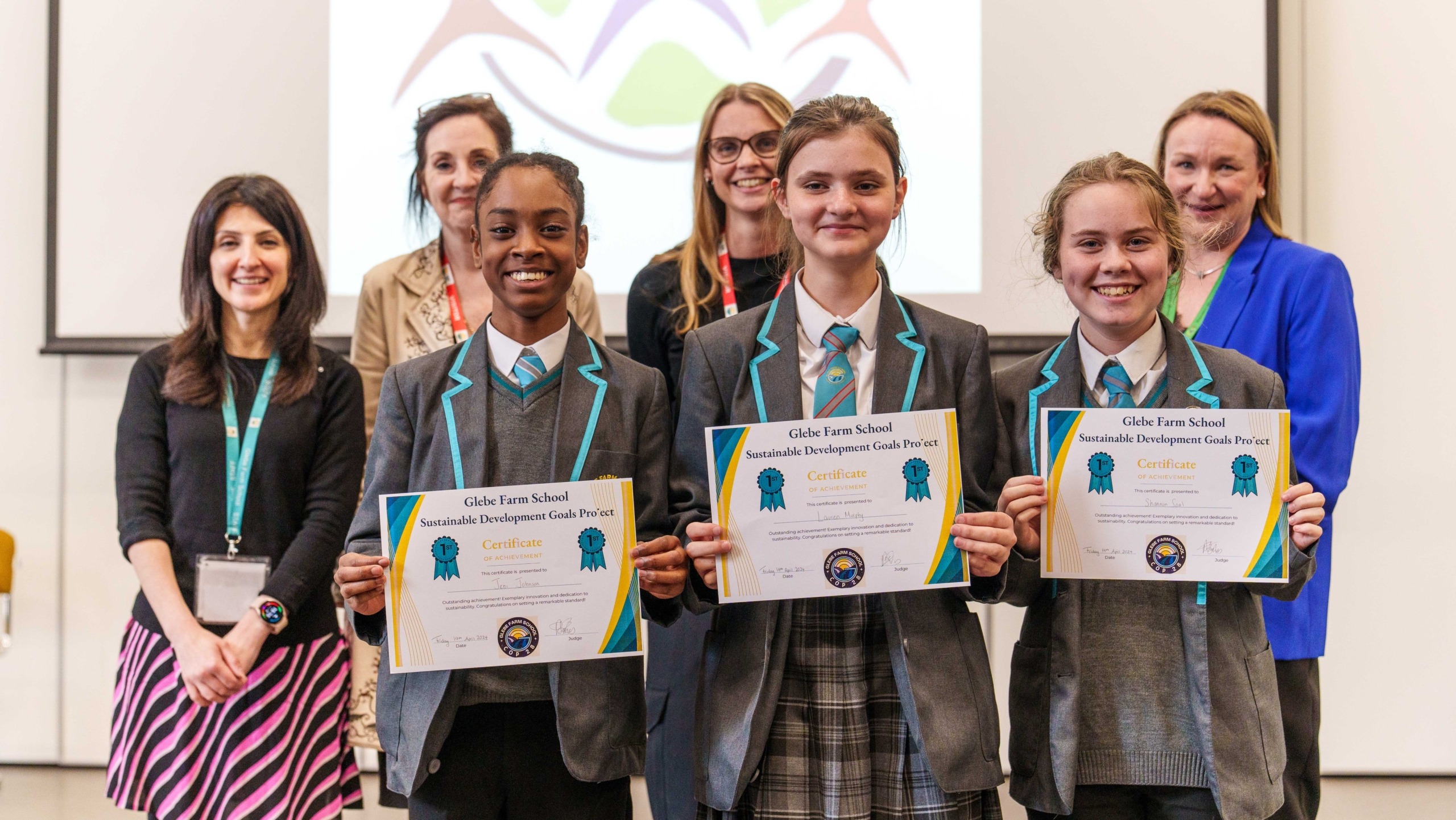

Air pollution is biggest climate change concern for school children
 On Earth Day (22 April), secondary school students in Milton Keynes shared their biggest worries about climate change and the environment and ideas about how technology can offer solutions to the issues.
On Earth Day (22 April), secondary school students in Milton Keynes shared their biggest worries about climate change and the environment and ideas about how technology can offer solutions to the issues.
The school partnered with The Access Group, a leading provider of business management software with customers at more than 9,000 learning institutions, schools and academies in the UK, to encourage secondary students to discuss climate change and global warming, how it affects them and the impact it will have on future generations.
Students from Glebe Farm School said that their main concerns are air pollution caused by cars and fossil fuels and the rise of conditions such as asthma, as well as polluted oceans with microplastics and dwindling natural resources.
In the run-up to Earth Day, students also shared concerns about the impact of extreme weather including hotter summers on the planet and on wildlife. Students advocated a wider use of renewable energies, and less reliance on cars as potential solutions to global warming.
In a Dragons’ Den style competition, the Year 7s created designs for a piece of technology to address one of the United Nations’ Sustainable Development Goals (SDGs), which they pitched to a panel of judges, including Carla Matthews, Director of Sustainability at The Access Group, and their teachers.
Their ideas included a water filtration system to provide clean water to disadvantaged communities, a variety of vehicles powered by renewable energy sources, a solar powered phone case to charge smart phones and solutions to gather plastic pollutants from the sea and transfer to recycling centres.
First prize was awarded to a Year 7 team who presented their Electro Bike idea to the judges. The concept was focused on harvesting the kinetic energy generated by their Electro Bike design, which they explained could be rolled out in gyms and leisure centres.
The second prize went a team of two Year 7 students whose Cook-a-Sun solar powered oven impressed judges, and the third prize was awarded to a team who created Tippy Taps – a filtration system which sterilised water.
Year 7 teacher Sherine Swan said: “The students have taken away some valuable lessons from the challenge and had the chance to explore how innovation and technology can play a big part in addressing environmental issues.
“We were impressed with their creativity, innovation and the tech solutions they developed. Most importantly, it got them thinking about what they can do, both individually and together, to make a bigger, collective difference.”
Sarah Bennett, Inspiring Futures through Learning (IFtL) CEO, added “At IFtL, days like this place great importance on our environmental responsibilities as an organisation, which are reflected in both the curriculum and daily operations. Environmental considerations are embedded throughout learning activities and common practices across all our 16 schools both in Milton Keynes and Corby, in line with our strategic aims to lower carbon emissions as set out in the environmental strategy and targets”.
Carla Matthews from The Access Group, said: “Big businesses and technology companies can learn from the earnest and insightful views of young people. Climate change and global warming will affect their future. They’re rightly concerned about the planet and have many of their own suggestions and solutions for fixing it.
“We’ve been enthused and inspired by the students’ innovative solutions we’ve seen today. This is a credit to the school for building environmental awareness and knowledge about the United Nations’ 17 SDGs into the curriculum. Including global issues and challenges in their lessons ensures pupils are well-informed, mindful of global issues, and more aware of how they can collectively drive change. What was also inspiring to hear about was how they have taken this on board and are seeking to change the behaviours of others.
“At The Access Group, we are passionate about sustainability and are embedding it across our organisation. Working with our customers globally gives us a deep understanding of the impact of what we do.
“2023 was the hottest year since global records began in 1850. Weather events are becoming more extreme and frequent. Mutual collaboration with our people, our customers, our suppliers and our communities will enable us to pool resources, share knowledge, and find effective solutions.
“We need to act quickly and with determination to make a difference.”









